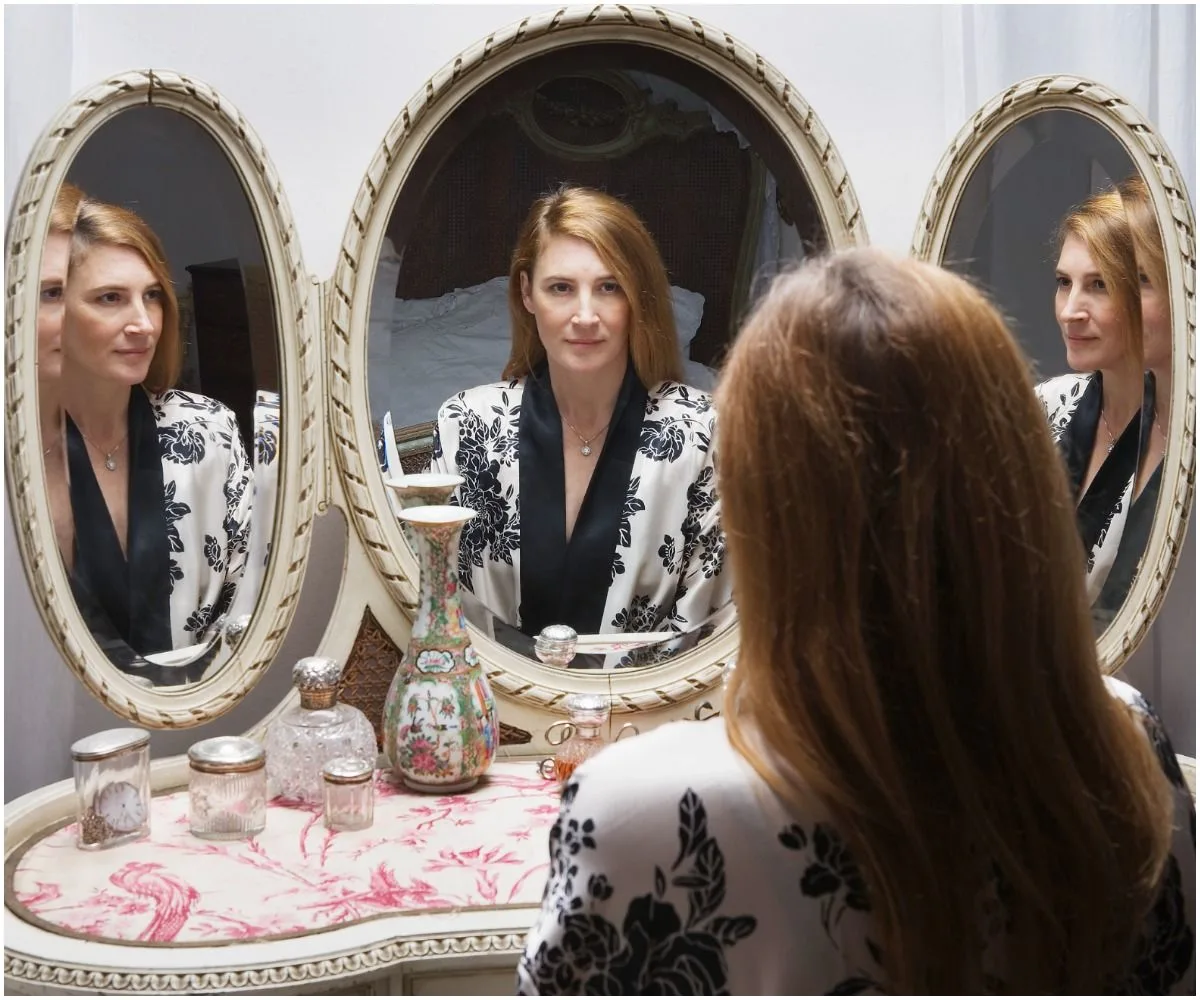You may be familiar with the ego the role it plays in your psychology and self-identity.
This aspect of our minds makes up much of who we are to ourselves and the world around us.
Most people operate from their ego and use it to identify who they are, both internally and externally.
Our mind is actually divided into two aspects of self, the ego, and the super-ego.
Both of these components create our personality, preferences, choices, morals, integrity, and actions.
Knowing which qualities each component dictates can help you understand who you truly are and who you are based on the society and cultures in which you were raised in.
Both the ego and super-ego are formed in the very first years of our lives, and our experience and environment during those years plays a vital role in who we are in our later lives.
The Ego
The ego develops during the first three years of our lives.
Before this, we just have impulses and infant desires—that are seemingly unconscious and a means for survival.
Our egos are the first layer of our minds that interact with the world through rationality.
Our personality is birthed from the ego as it uses our own individuality to separate itself from the exterior stimulants.
In our everyday lives, we are presented with choices, and these choices stem from our ego or superego.
The choices that are made from our ego are the ones that have to do with what we eat, how we dress, what we plan to do for the day, etc.
When we operate solely from our ego, we can create a division in us that separates us from viewing humanity and life as a symbiotic experience.
The collective consciousness exists throughout all people, but unless you are able to see past certain aspects of the ego, you may not be aware of the connectedness we all share.
If you are operating from your ego, you may compare yourself to other people, or view them as competition.
The ego drives a wall between who you are vs. another person and provides you with differentiating factors that drive you deeper into your own sense of personal identity.
Your ego is all about self-reflection—how you and the world make you feel.
Your memories are accessed by the ego, and you associate the past and future with aspects of your character.
The aspects of our lives that we associate with as “us” will always be protected by the ego.
This aspect of our minds will protect and shield them from the outside world as a means of self-preservation.
Sometimes, these aspects truly aren’t aspects of ourselves, the ego falsely associates them.
Your career, relationships, gender, accomplishments, and failures, are all aspects of your life that your ego may identify with too heavily, when in reality—none of these things are truly who you are.
When your ego becomes inflated or out of alignment, you will begin to associate with more of who you aren’t rather than your true self.
READ MORE: Parthenon vs Pantheon
The Super-ego
The outer shell of our minds is the super go.
This aspect of our minds dictates what’s right or wrong—both from a reflection of ourselves and also of the world around us.
The super-ego develops during the first five years of our lives.
Our parents play a vital role in helping us create and mold our super-egos, as our parent’s actions and choices will influence what we know to be right and acceptable.
When we grow up in healthy and supportive environments, we usually express our authenticity more than in an environment that is restricted or controlled.
The first five years of our lives are vital in creating a blueprint of how our perception, acceptance, and allowance of the world will be.
Sometimes our super-ego operates unconsciously.
When we are children, if we have certain characteristics about ourselves that our parents or outer people in our lives view as “negative” or “unacceptable,” we may unconsciously hold on to these beliefs.
Depending on how much of an influence these experiences have on us, they may prevent us from living authentically, or if we do choose to, we might feel shame around our actions.
READ MORE: Calvinism vs Lutheranism
Balancing The Mind
Morality is the true nature of our super-ego.
Depending on the environment you grew up in, the culture, and the societal structures—your super-ego will have its own unique perspective on what is morally sound for you.
Your integrity, morals, ideals, and judgments are held in this aspect of your mind.
When you judge someone for their actions, judge yourself for the world’s perception of you, or battle between what is morally correct, these are all choices being made from the seat of the super-ego.
Images credit – @Getty
READ THIS NEXT: Mormonism vs Christianity

